Raising the Child Tax Credit Is a Bad Idea
Real tax relief can only come with a reduction in government spending
Both Kamala Harris and J.D. Vance have proposed raising the child tax credit, and the Wall Street Journal (https://www.wsj.com/opinion/j-d-vance-child-tax-credit-5000-cbs-donald-trump-kamala-harris-tim-walz-8e227ca2?mod=opinion_lead_pos3 and https://www.wsj.com/opinion/kamala-harris-will-pay-you-not-to-work-7e8d4f02?mod=WTRN_pos1&cx_testId=3&cx_testVariant=cx_171&cx_artPos=0) rightly describes their proposals as steps toward a universal basic income. Coming from both Democrats and Republicans, such proposals indicate that we already have forms of universal basic in our existing child tax credit and earned income tax credit. The terms of the debate are not about whether to have a universal basic income, but about how to structure it.
The difficulty with Harris’s and Vance’s proposals is that they are imagining the universal basic income to be an addition to our existing social welfare policies. As a consequence, they are expanding a system in which government is taking over more and more of the role of providing for our social welfare. With the expansion of the child tax credit, the government is taking over the expense of raising a child, indicating that it is the government’s rather than the family’s responsibility. At the same time, the government is further exercising power to influence our life choices by transferring money from non-parents to parents.
My proposal is to shift resources and decision-making from government to people. Instead of expanding government welfare policies, I propose to eliminate the entire system of welfare and entitlements, while guaranteeing current Social Security and Medicare benefits for everyone 37 and older. Since our current welfare and entitlement system costs over $4 trillion per year, the consequence of eliminating these programs is that this huge fund of money could be given back to the people as a massive annual tax credit. Instead of trying to manage and control people by picking certain people to receive this money, it would make the most sense to distribute this money equally. With 225 million Americans aged 21 and older, that $4 trillion translates into $16,000 per year for every one of those adults. At this level, we would still have $400 billion per year left over to pay for transition costs and debt.
The point here is that the primary goal should not be the universal basic income itself. Instead, the first priority is to reduce the role of government in managing our lives. The universal basic income is the collective windfall that results from dismantling our government bureaucracy. Instead of government control of our social welfare, we can shift this money from the government to the people so that every one of us can have the means to shape our own destiny.
This form of a universal basic income is efficient because of the lack of restrictions. Every single restriction has to be managed by a set of government employees, and our current system is so expensive because of the rules that have required the expansion of our bureaucracy. If the only restriction is being 21 years old, this bureaucracy can go away.
My plan is future-oriented because it creates an asset for people to draw on. Instead of paying for a specific expense such as child-rearing or college or food, this form of a universal basic income would be a permanent asset that people can use as a basis for achieving whatever life goals they might have.
With this freedom comes responsibility for planning for the future, particularly for one’s retirement, which would no longer be the responsibility of government. While everyone would continue to receive the $16,000 per year for life, a better retirement would depend on people investing part of their universal basic income in their own retirement funds. If someone were to invest just $6000 per year out of the $16,000 from age 21, by age 67 that person would have a retirement fund of $750,000, assuming a very modest 4% growth rate, enough to pay for an annuity of $4500 per month in addition to the continuing universal basic income. Compare this to the current maximum Social Security payout of $3800 per month.
We currently have a social welfare system in which working people aged 21 to 67 pay for non-working people, including both welfare recipients and senior citizens. My plan would give everyone, both working and non-working, the same benefit. Rather than creating a new entitlement, we would be eliminating all entitlements and giving the money back to the people. This system would provide all of us with the same freedom to invest in our own success, providing hope and opportunity to all Americans, regardless of their background.
Please support my campaign by donating or volunteering at DavidPanforCongress.com.
